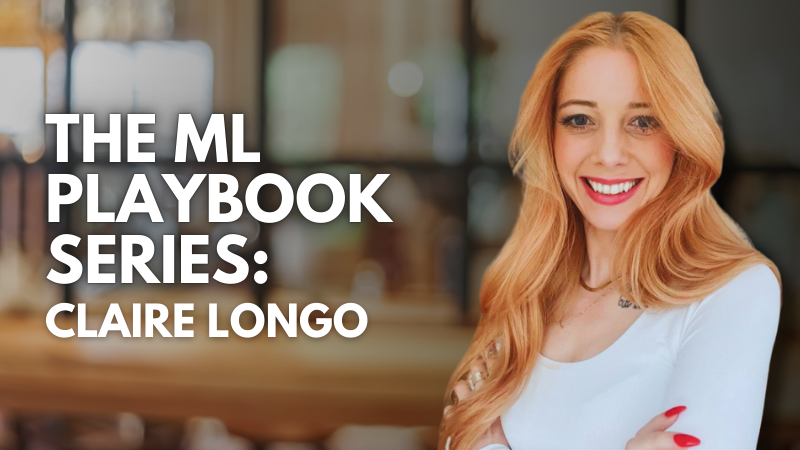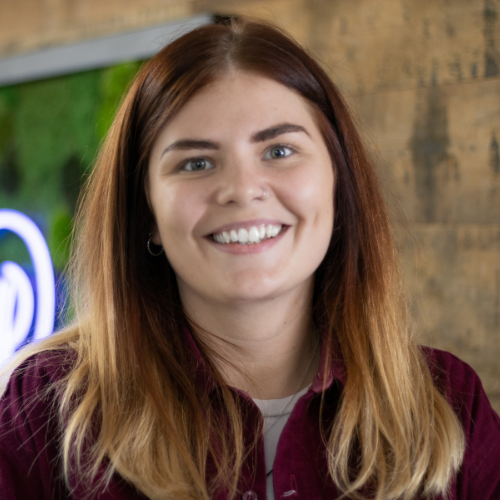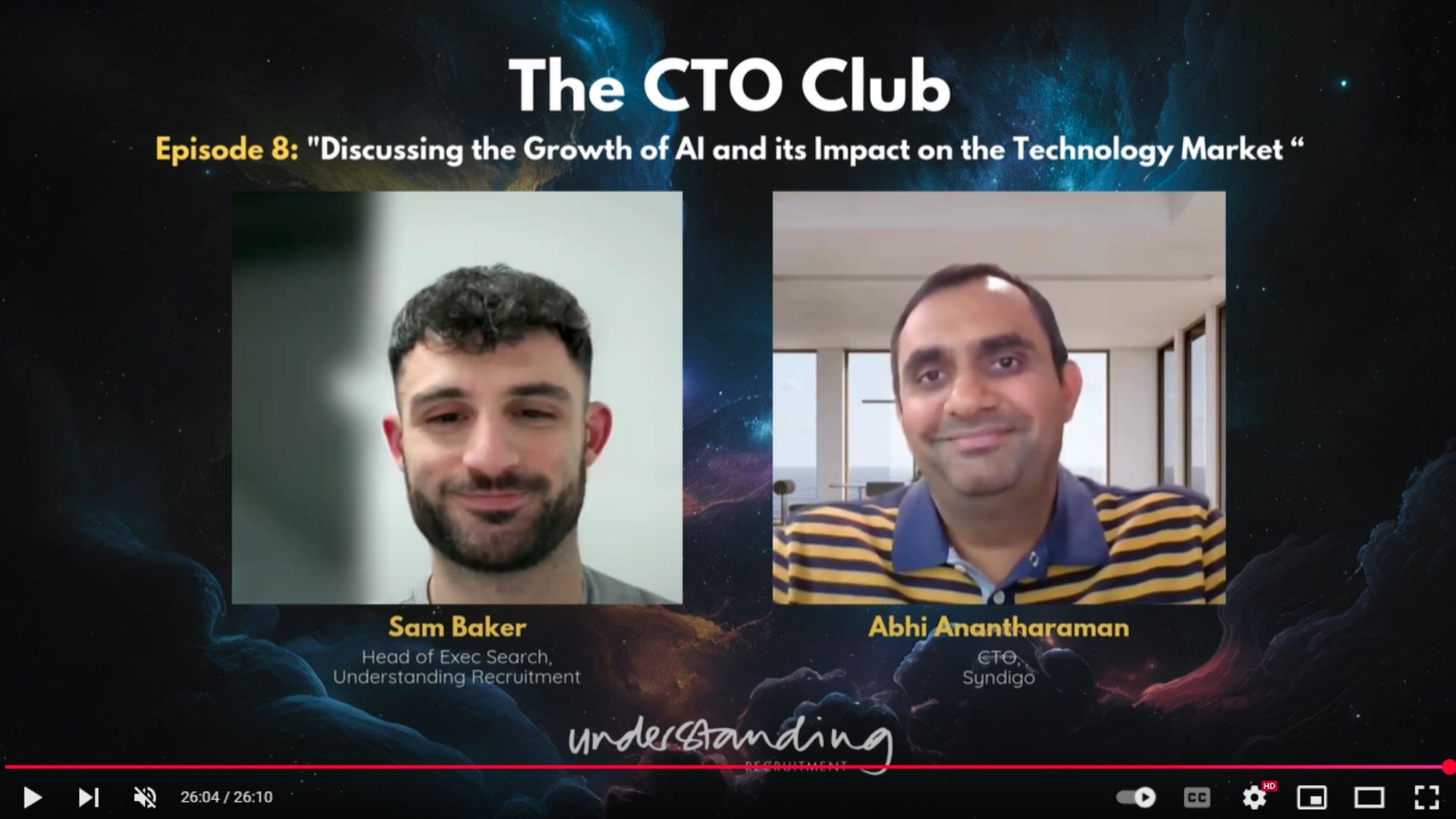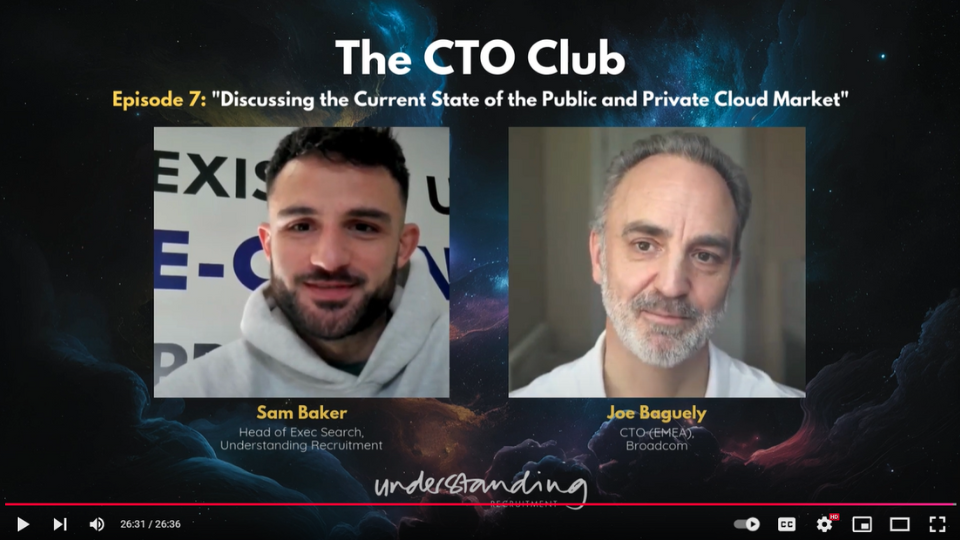The ML Playbook Series: A Conversation with Claire Longo
23rd May, 2024 9 min
Welcome to the inaugural edition of The ML Playbook blog series, where we delve into the insights and experiences of industry experts shaping the landscape of Machine Learning.
Our first guest is Claire Longo, a seasoned Head of MLOps known for her extensive experience and knowledge. Leading her team with expertise, Claire also advises businesses on MLOps and AI while managing her own podcast and blog, ‘Statistician in Stilettos’.
Recently embarking on a new role at Comet, Claire's journey includes navigating interviews and fostering diversity in tech. In this edition, I had the privilege of tapping into Claire’s wealth of knowledge as we discuss compartmentalisation, achieving balance, fostering diversity, the evolving landscape of MLOps, and invaluable interview insights.
First of all I have to ask – how do you manage it all, Claire?
It’s actually quite challenging to maintain everything and relationships when you have this type of schedule, and I didn’t realise how I do it until l I really sat down and thought about it; but I would say it’s compartmentalising - I can context switch. This is a learned skill, I haven’t always been good at it, but it really helps. It’s really important because one thing I don’t want to do is be focused on one situation and drag that with me and not be able to focus on the current situation.
It's all about being present. To enable that I take a ton of notes. I have a journal and lots of notes that are very scattered but meaningful to me. There’s just something about writing it down. It helps me unplug. Having a great support system is crucial too.
How did you get into Machine Learning?
I think tech runs in my genes, my dad studied math and is a Software Engineer, and my sister is on a similar path working as a Software Engineer on computational algorithms. Throughout my entire life my dad always had a great view of women in tech, and diversity in general, he’s always allowed us to believe we can do anything, he brought us along into this field – growing up we knew this was a path open to us and he believed in us the entire way.
I liked the term you used in your blog, “collective goddess energy”, can you tell me a little more about it?
It’s all about lifting each other up and championing women in our field. My sister and I have talked about this a lot, we both wish we were in more meetings with other women. It’s gotten to the point I don’t even realise it. I’ll walk into a meeting that’s all men, and halfway through I’m like “wow, I’m underrepresented here.” I think I have some unique talents that maybe men don't have and other women probably have that too, and I want to make sure we're leaning into those.
The current global LinkedIn statistics for MLOps give the gender diversity ratio as 18% female to 82% male. How can we tackle this?
I think we need more women in STEM in general, enjoying STEM, succeeding in STEM. We need to find some opportunities to advocate and really create examples of representation that younger girls can see. So we can start to envision ourselves in these roles, because I think that actually happens at a very young age.
I think it's kind of a combination of bringing people into this field, as well as supporting the people who are already here and making sure that they're on the right growth trajectory for their skill sets.
What advice do you have for companies looking to increase diversity?
I mean it's tough, because if you go out there to try to hire, you don't have a 50/50 population in terms of men and women to choose from. So when you think about the statistical distribution that you're working with, it's just not a fair distribution. I think one strategy to help there is to really make sure that you are interviewing a diverse set of people. If you run an interview, and you've only talked to one demographic, you're probably not done interviewing. You need to make sure you're really touching all these different demographics and giving everyone an equal opportunity. I think that can really help.
Something I love about my current role is that I can absolutely be myself. I can really wear what I'm most comfortable in, I can show up with my authentic energy and personality and I feel very accepted and supported. And so we've created an environment there where anyone, no matter what their background is, can bring their full self really to the workplace. That's something I would look to replicate. I think we do our best work when we're like in our authentic personality. If you have to put on like a fake face for work, I feel like it kind of limits our ability to operate with our full impact.
What challenges have you faced in career?
I think the challenge that I face is sometimes being underestimated. I look younger than I am, which doesn't help in an executive role. I've been very careful in how I communicate and present myself, just to make sure that I come across as senior. I don't think it's stuff that men have to think about as much, like making sure that they look or sound the part. And I really had to come to terms with like, okay, this is just who I am.
I have had situations where I feel like maybe I was treated as more junior than I am and so it's just something to watch for. But it's not huge. It's not going to hold you back if you're aware of it happening. I think it's really just like being kind of aware of what assumptions people might have about you and just being able to navigate that. Again, it probably comes down to confidence and bringing your authentic self.
How do you foresee the future of MLOps?
MLOps is a really important component in building functional AI systems and obviously the things that are going to be changing is LLMs and GenAI. While there are cool experimental projects, we're still figuring out the right tech to support them from the backend, so like the LLMOps side of things, and how to apply them in a business context to get value.
Over the next few years, I think we'll settle through experimental projects and trial and error, pinpointing exactly where this model type adds a ton of value. It's almost like we'll have a playbook, similar to what happened with traditional machine learning. Ultimately, LLMs will become just another skill in our toolbox, albeit a very powerful one. I don't want to downplay the impact these models will have—they're going to be game-changers. Once we figure out their applications, I believe it'll be quite disruptive in specific areas, particularly language-based applications, content generation, chatbot interfaces, and search and retrieval.
How do you manage interviews, and what advice do you have for job seekers?
I think it really depends on the phase of your career. If your early career, I actually recommend sending out a lot of resumes, you'll end up connecting with hiring managers and companies that you never would have even thought of or knew existed and you learn like a ton from those conversations. It can even help you narrow down what you're looking for. It'll just open up opportunities you didn't think of. So I've seen like some people very targeted, send out a few resumes and be like, why am I not getting called back? I think early career, I wouldn't recommend it.
Later in your career, if you're looking for like leadership positions, or senior technical roles, working with recruiters is really quite effective. I started working with an excellent recruiter who really understood the space, I was able to delegate some of the job search to someone who was really plugged into the industry. If I was trying to go through that by myself, like managing meeting invites, stuff like that would just be very difficult with everything else on my plate and I feel like he helped me find the right fit.
What interview advice can you offer, having been on both sides of the process?
I've been on both sides of the job search process for quite some time now, and I've seen my fair share of resumes. A couple of pieces of advice I'd offer to job seekers:
First off, the format of your resume matters more than you might think. Don't hesitate to make it colourful and visually appealing because a hiring manager might be scanning it quickly, and you want the important details to stand out—like your education, skill sets, and whether you have hands-on experience with LLMs.
Additionally, following up after applying or interviewing can be incredibly powerful. Especially in customer-facing roles like mine, communication skills are key, and those who send follow-up emails or take the time to ask questions before the interview really stand out. It may not feel like part of the interview process per se, but every interaction along the way matters, and those follow-up gestures really resonate.
Finally, what career advice would you offer those looking to work in MLOps?
I'd say having a plan but being flexible is crucial. I always had a long-term plan for my career, but it didn't pan out exactly as I expected. However, having that plan helped me aggressively pursue milestones and keep progressing in my career, even when I took different paths.
I also recommend trying different things early in your career. In the AI world, there are various tracks like research, engineering, scientist and of course MLOps roles. It's hard to know what you'll love until you try it, so keeping an open mind and exploring different roles within your field of interest can be really beneficial. Finding something that's a natural fit for your talents and personality is key to long-term satisfaction and success. I always tell people that trying different roles isn't a waste of time. Even if you spend a year in one role and realise it's not for you, you've gained valuable insight and empathy that you can carry forward in your career. It's all part of building a versatile skill set that you can refine as you progress in your career.
If you're seeking top talent in the field of ML or looking for exciting career opportunities, don't hesitate to get in touch with our experienced AI & ML recruitment team. We connect businesses with skilled professionals and provide a platform for individuals to explore promising ML jobs. Whether you're looking to hire talent, browse job listings, or even feature in our blog series, we're here to facilitate your journey in the world of ML. Reach out to us today to learn more!



